
Sidney Richard Coleman was an American theoretical physicist noted for his research in high-energy theoretical physics.

Tata Institute of Fundamental Research (TIFR) is an Indian Research Institute under the Department of Atomic Energy of the Government of India. It is a public deemed university located at Navy Nagar, Colaba in Mumbai. It also has campus in Bangalore, International Centre for Theoretical Sciences (ICTS), and an affiliated campus in Serilingampally near Hyderabad. TIFR conducts research primarily in the natural sciences, the biological sciences and theoretical computer science.
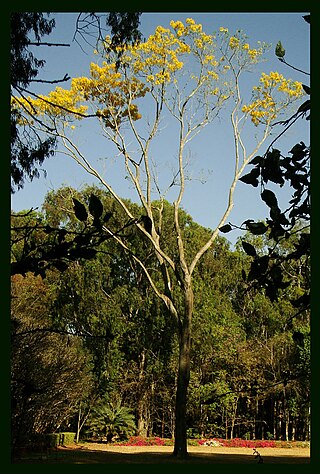
The Raman Research Institute (RRI) is an institute for scientific research located in Bengaluru, India. It was founded by Nobel laureate Sir C. V. Raman in 1948. Although it began as an institute privately owned by C. V. Raman, it became an autonomous institute in 1972, receiving funds from the Department of Science and Technology of the Government of India.

Thanu Padmanabhan was an Indian theoretical physicist and cosmologist whose research spanned a wide variety of topics in gravitation, structure formation in the universe and quantum gravity. He published nearly 300 papers and reviews in international journals and ten books in these areas. He made several contributions related to the analysis and modelling of dark energy in the universe and the interpretation of gravity as an emergent phenomenon. He was a Distinguished Professor at the Inter-University Centre for Astronomy and Astrophysics (IUCAA) at Pune, India.
Narasimhaiengar Mukunda is an Indian theoretical physicist.
Kizhakeyil Lukose Sebastian is a professor of chemistry at the department of Inorganic and Physical Chemistry of Indian Institute of Technology, Palakkad, India. Prior to becoming a professor at IIT Palakkad, he was a professor of chemistry at the department of Inorganic and Physical Chemistry at Indian Institute of Science, Bangalore, for about 20 years.
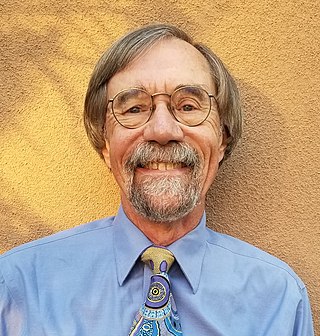
Carlton Morris Caves is an American theoretical physicist. He is currently professor emeritus and research professor of physics and astronomy at the University of New Mexico. Caves works in the areas of physics of information; information, entropy, and complexity; quantum information theory; quantum chaos, quantum optics; the theory of non-classical light; the theory of quantum noise; and the quantum theory of measurement. He is a Fellow of the American Physical Society and of the American Association for the Advancement of Science and is a member of the US National Academy of Sciences.

Arun Kumar Pati is an Indian physicist notable for his research in quantum information, quantum computation and Foundations of quantum mechanics. He has made pioneering contributions in the area of quantum information. He is considered as the Father of Indian Quantum Computing.
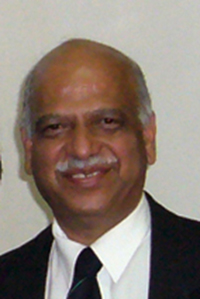
Shridhar Ramachandra Gadre is an Indian scientist working in computational quantum and theoretical chemistry.
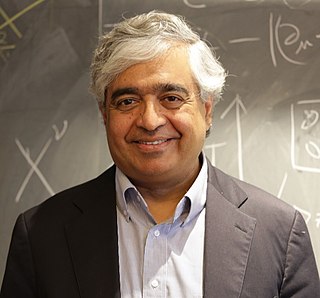
Subir Sachdev is Herchel Smith Professor of Physics at Harvard University specializing in condensed matter. He was elected to the U.S. National Academy of Sciences in 2014, received the Lars Onsager Prize from the American Physical Society and the Dirac Medal from the ICTP in 2018, and was elected Foreign Member of the Royal Society ForMemRS in 2023. He was a co-editor of the Annual Review of Condensed Matter Physics 2017–2019, and is Editor-in-Chief of Reports on Progress in Physics 2022-.
Spenta R. Wadia is an Indian theoretical physicist with research interests in elementary particle physics, quantum field theory and statistical physics, string theory and quantum gravity. His other scientific interests are in complex systems including cross-disciplinary biology. He is a recipient of the 2004 TWAS Prize in Physics; the 1995 Physics Prize of the International Centre for Theoretical Physics (ICTP); and the J. C. Bose Fellowship of the Govt of India. He is an elected member of TWAS, and a Fellow of all the Science Academies of India. In 2024, he was elected to the American Academy of Arts and Sciences, one of the United States' oldest and most prestigious scholarly societies.
Girish S. Agarwal, Fellow of the Royal Society UK, is a theoretical physicist. He is currently at the Texas A & M University with affiliations to the Departments of Biological and Agricultural Engineering, Physics and Astronomy, and the Institute for Quantum Science and Engineering. Earlier he worked as Noble Foundation Chair and the Regents Professor at the Oklahoma State University. He is a recognized leader in the field of quantum optics and also has made major contributions to the fields of nonlinear optics, nanophotonics and plasmonics. In 2013 he published the textbook "Quantum Optics", covering a wide range of recent developments in the field, which has been well received by the community.
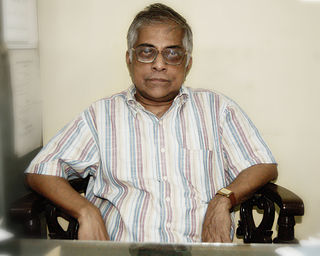
Amitava Raychaudhuri is an Indian theoretical particle physicist. He is Professor Emeritus at the Physics Department of the Science College, University of Calcutta where he earlier held the Sir Tarak Nath Palit Chair Professorship. He is the nephew of another renowned Indian physicist, Amal Kumar Raychaudhuri.
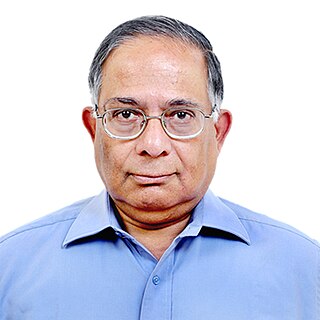
Kalyan Bidhan Sinha is an Indian mathematician. He is a professor at the Jawaharlal Nehru Centre for Advanced Scientific Research, and Professor Emeritus for life of the Indian Statistical Institute.
Aninda Sinha is an Indian theoretical physicist working as a professor at Center for High Energy Physics, Indian Institute of Science in Bangalore, India.

Bidyendu Mohan Deb is an Indian theoretical chemist, chemical physicist and a professor at the Indian Institute of Science Education and Research, Kolkata (IISER). he is known for his studies in theoretical chemistry and chemical physics. He is an elected fellow of the International Union of Pure and Applied Chemistry, The World Academy of Sciences, Indian National Science Academy and the Indian Academy of Sciences. The Council of Scientific and Industrial Research, the apex agency of the Government of India for scientific research, awarded him the Shanti Swarup Bhatnagar Prize for Science and Technology, one of the highest Indian science awards, in 1981, for his contributions to chemical sciences.
Krityunjai Prasad Sinha was an Indian theoretical physicist and an emeritus professor at the Indian Institute of Science. Known for his research in solid-state physics and cosmology, Sinha was elected a fellow of all the three major Indian science academies – the Indian National Science Academy, the Indian Academy of Sciences, and the National Academy of Sciences, India. In 1974, the Council of Scientific and Industrial Research, the apex agency of the Government of India for scientific research, awarded him the Shanti Swarup Bhatnagar Prize for Science and Technology, one of the highest honors in Indian science, in recognition of his contributions to the field of physical sciences.
Deepak Dhar is an Indian theoretical physicist known for his research on statistical physics and stochastic processes. In 2022, he became the first Indian to be awarded the Boltzmann Medal, the highest recognition in statistical physics awarded once every three years by IUPAP, for exceptional contributions to the subject.

Pinaki Majumdar is an Indian condensed matter physicist and the director of the Harish-Chandra Research Institute. Known for his research on correlated quantum systems, Majumdar is a recipient of the Global Indus Technovator Award of the Massachusetts Institute of Technology. The Council of Scientific and Industrial Research, the apex agency of the Government of India for scientific research, awarded him the Shanti Swarup Bhatnagar Prize for Science and Technology, one of the highest Indian science awards, for his contributions to physical sciences in 2007.
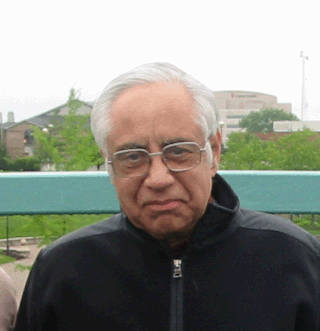
Anil Kumar is an Indian experimental physicist known for his work in the field of nuclear magnetic resonance spectroscopy. He is a professor at the Indian Institute of Science in Bangalore.













